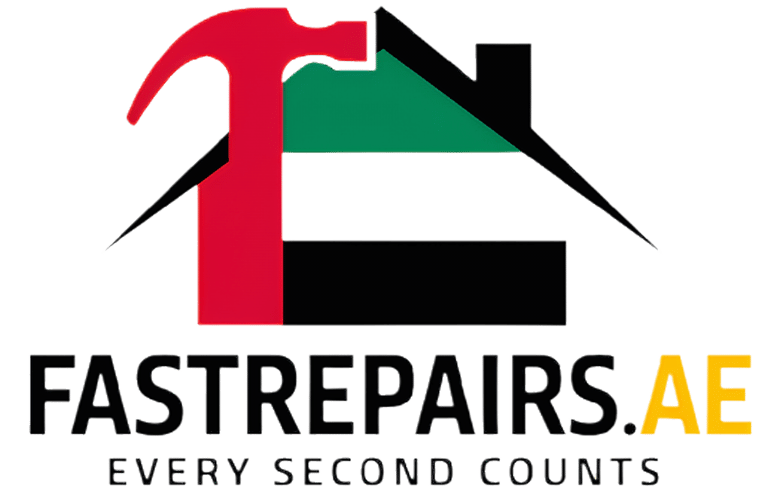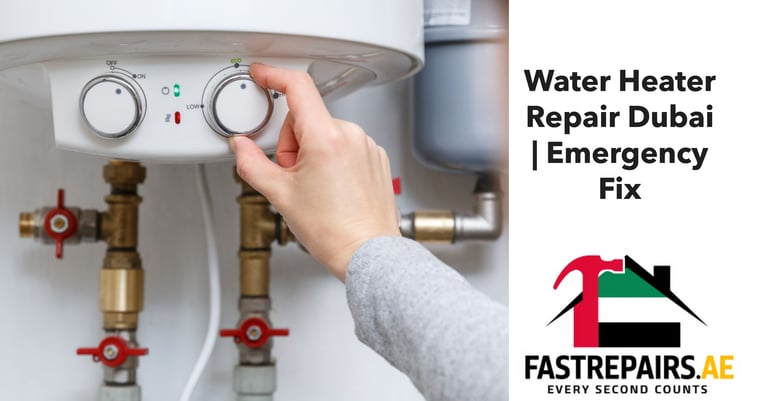Water Heater Repair Dubai | Emergency Fix
No hot water? We repair heaters & thermostats in Dubai. 24/7 service for villas & apartments. Call us to book your repair.
REPAIRS
4/28/20258 min read
Introduction to Water Heater Repairs
Water heaters play an essential role in ensuring comfort within the home, especially in a city like Dubai, where hot water usage is a common requirement. Regular maintenance and timely repairs of water heaters are crucial in ensuring efficient functioning and extending the lifespan of these systems. However, many residents may overlook the importance of maintenance, leading to unforeseen breakdowns and inconveniences.
Common problems associated with water heaters include insufficient hot water supply, unusual noises during operation, and leaks. Such issues can arise due to various factors, including sediment buildup, aging components, or faulty thermostats. Ignoring these problems can not only lead to greater inconvenience but may also escalate repair costs. Therefore, identifying and addressing these issues promptly is paramount for residents to avoid prolonged periods without access to hot water.
The landscape of emergency water heater repair services in Dubai is robust, with numerous providers available around the clock. 24/7 emergency services ensure that homeowners can receive immediate assistance no matter the time of day or night. This accessibility is particularly beneficial, as delays in addressing water heater problems can lead to more significant issues, driving repair costs even higher.
It is vital for homeowners to recognize the signs of potential water heater malfunctions and take immediate action. Engaging professional repair services at the first sign of trouble not only mitigates further complications but also contributes to overall cost savings in the long run. By prioritizing regular inspections and swift repairs, residents can enjoy the continued reliability of their hot water systems, ensuring comfort in their daily routines.
Understanding Sediment Buildup in Dubai Water Heaters
In Dubai, the quality of water supplied by the Dubai Electricity and Water Authority (DEWA) presents unique challenges for water heaters. One significant issue is the accumulation of sediment within the tanks, primarily caused by hard water. Hard water contains high levels of minerals, particularly calcium and magnesium, which can precipitate out as sediment when water is heated. Over time, this buildup can lead to various operational problems.
As sediment accumulates at the bottom of the water heater tank, it creates a barrier between the heating element and the water. This barrier interferes with the efficiency of the heater by requiring more energy to reach the desired water temperature. Ultimately, this inefficiency can lead to higher utility bills and wear and tear on the unit, potentially resulting in the need for emergency repair or replacement.
Recognizing the signs of sediment buildup is crucial for maintaining optimal water heater performance. Homeowners may notice a decrease in hot water supply or erratic water temperatures, which often indicate an underlying issue with sediment accumulation. Additionally, unusual noises such as popping or rumbling sounds can emanate from the heater, signaling that the sediment is being agitated during the heating cycle.
To mitigate sediment buildup, routine maintenance is essential. Flushing the water heater annually can effectively remove sediment and prolong the lifespan of the unit. During this process, water is drained from the tank, which allows the accumulated sediment to escape. Furthermore, installing a water softener can also help address the hardness of the incoming water, reducing the quantity of minerals that contribute to sediment formation. By taking these preventive measures, homeowners in Dubai can ensure their water heaters function efficiently and avoid emergency repair situations related to sediment issues.
Testing Heating Rods and Anode Rods | A DIY Approach
To ensure that your water heater operates efficiently, it is essential to regularly test both the heating rods and anode rods. These components play a critical role in producing hot water and preventing corrosion within the heater's tank. A well-maintained water heater significantly improves hot water availability, making it crucial for homeowners to perform basic diagnostics.
Before embarking on the testing process, it is vital to prioritize safety. Begin by switching off the power supply to the water heater. For electric models, turn off the circuit breaker, and for gas units, ensure the gas supply is interrupted. Allow the water in the tank to cool down for at least an hour to avoid any risk of burns. Once these precautions are taken, you can proceed with the tests.
To test the heating rods, utilize a multimeter. Set the device to the resistance measurement mode, and carefully disconnect the wires connected to the heating element. Probe the terminals of the heating rod with the multimeter's test leads. A reading between 10 to 30 ohms typically indicates a functioning heating element. If the reading is infinite or very high, the rod may need replacement.
Next, turn your attention to the anode rod, which is essential for protecting the water heater from corrosion. To assess its condition, you may need to remove it, depending on the specific water heater model. Once removed, check for signs of extensive corrosion or depletion. A severely corroded anode rod can lead to professional repair or even replacement of the water heater if not addressed promptly.
By regularly testing these components, homeowners can ensure the efficient functioning of their water heaters and extend the life of the unit. Investing time into this simple DIY task can lead to significant long-term savings and improved performance of your hot water supply system.
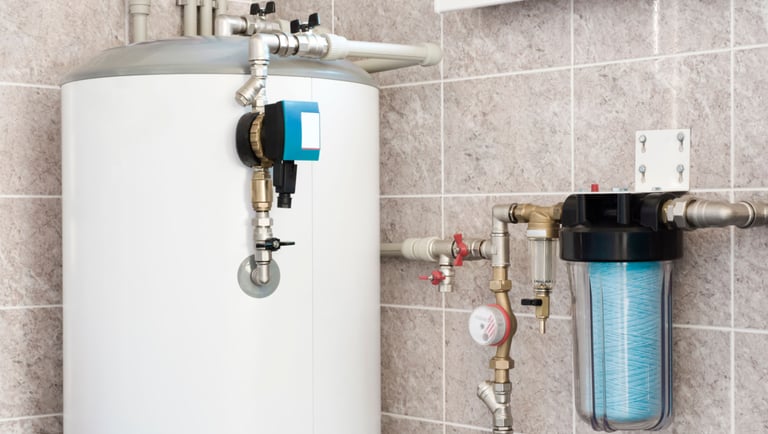

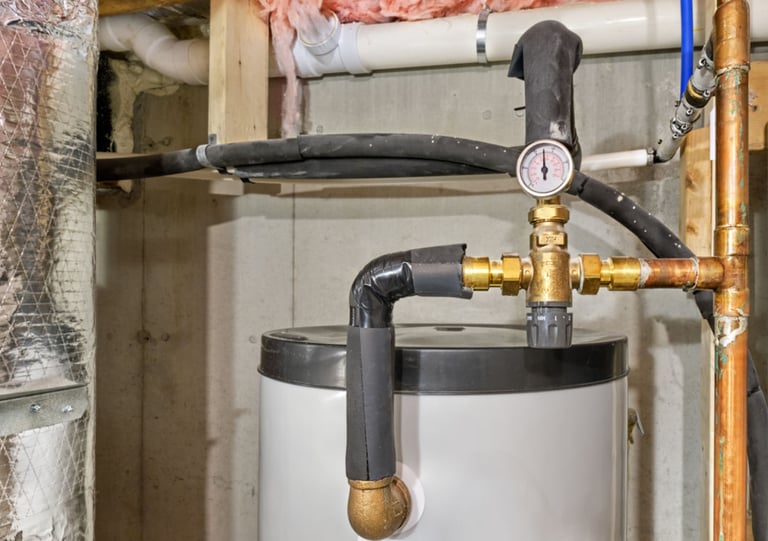

Fast Repairs | Upgrading Pressure Valves for Enhanced Safety
In any water heater system, the role of pressure valves is vital for the overall performance and safety of the unit. These valves are designed to regulate the internal pressure, which prevents extreme fluctuations that can lead to dangerous outcomes, such as leaks or explosions. Therefore, maintaining these components through regular upgrades is crucial for ensuring that water heaters function efficiently while minimizing risks. Fast Repairs in Dubai specializes in offering timely pressure valve upgrades, focusing on both enhancing safety and improving the efficiency of water heaters.
Outdated pressure valves can pose significant risks to water heater systems. Over time, these valves may wear down or become less effective in regulating pressure, leading to dangerously high temperatures. This can cause malfunctions that not only impact the operational capability of the water heater but also pose severe safety hazards to homeowners. Upgrading to modern, high-quality pressure valves can greatly mitigate these risks, ensuring that the unit operates within safe parameters. Fast Repairs recognizes the importance of proactive maintenance and is committed to providing efficient solutions that contribute to household safety.
In terms of water temperature regulation, the integrity of pressure valves plays a critical role. When these valves are outdated or faulty, they can struggle to manage temperature, leading to scalding hot water, which is particularly hazardous for children and the elderly. By opting for a pressure valve upgrade, you not only enhance the performance of your water heater but also contribute to a safer environment in your home. Fast Repairs offers comprehensive assessments and replacements of pressure valves, promoting optimal functionality and longevity of water heater systems in Dubai.
Comparing Solar vs Electric Heater Repairs
When it comes to water heater systems in Dubai, homeowners often find themselves choosing between solar and electric heaters. Each type presents distinct advantages and disadvantages that are particularly relevant in the Dubai context, where climatic conditions and energy costs can significantly influence the decision-making process.
Solar water heaters are known for their long-term savings and environmental benefits. Once installed, they utilize solar energy, a renewable resource abundant in Dubai, to heat water efficiently. In terms of operational costs, solar heaters can be significantly cheaper than electric ones, particularly during the summer months when sunlight is at its peak. However, the initial installation cost can be considerably high, which may deter some homeowners. Additionally, solar heaters require adequate roof space and are subject to fluctuating efficiency during cloudy days or monsoons, making maintenance and possibly professional repairs an essential consideration throughout their lifespan.
On the other hand, electric water heaters are typically easier and cheaper to install. They provide a reliable source of hot water regardless of weather conditions, making them an attractive option for immediate needs. However, electricity costs in Dubai can lead to higher operational expenses over time. Electric heaters often require regular maintenance, and common issues such as thermostatic failures or heating element breakdowns may necessitate prompt repairs by professionals, especially during peak usage seasons.
Ultimately, the choice between solar and electric water heater repairs will depend on a variety of factors such as budget, energy efficiency goals, and long-term savings expectations. It is crucial for homeowners to assess their heating needs thoroughly and, when in doubt, consult with professionals who can provide expert guidance on the most suitable option for their specific circumstances.
Certified technicians with extensive experience.
24/7 emergency services.
Transparent and competitive pricing.
Let’s Get Started
Visit FastRepairs.ae or call us at +971528913379 to schedule your repair today. Experience seamless, stress-free service with FastRepairs.ae!
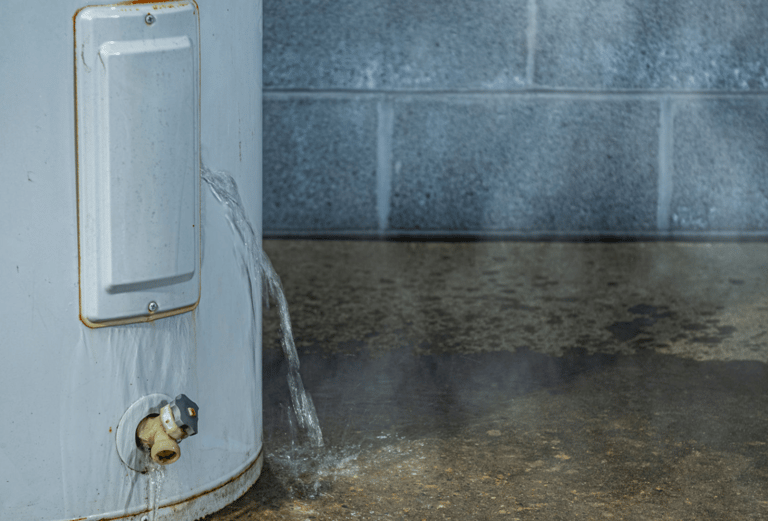

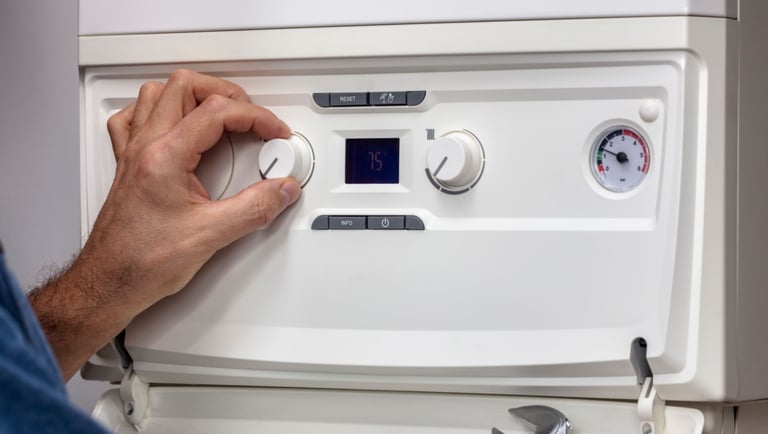

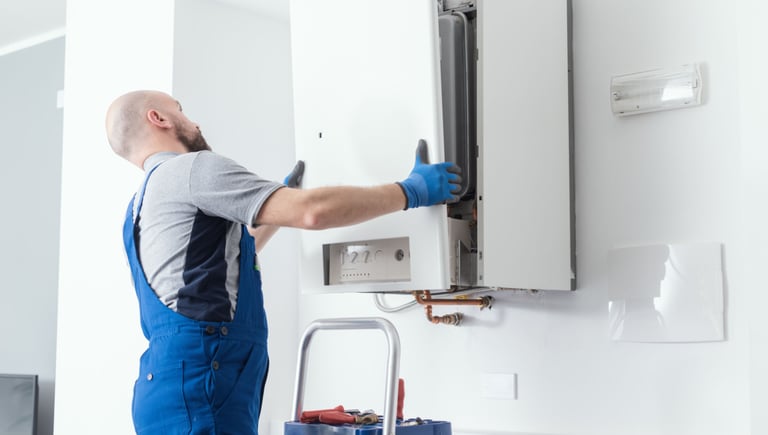

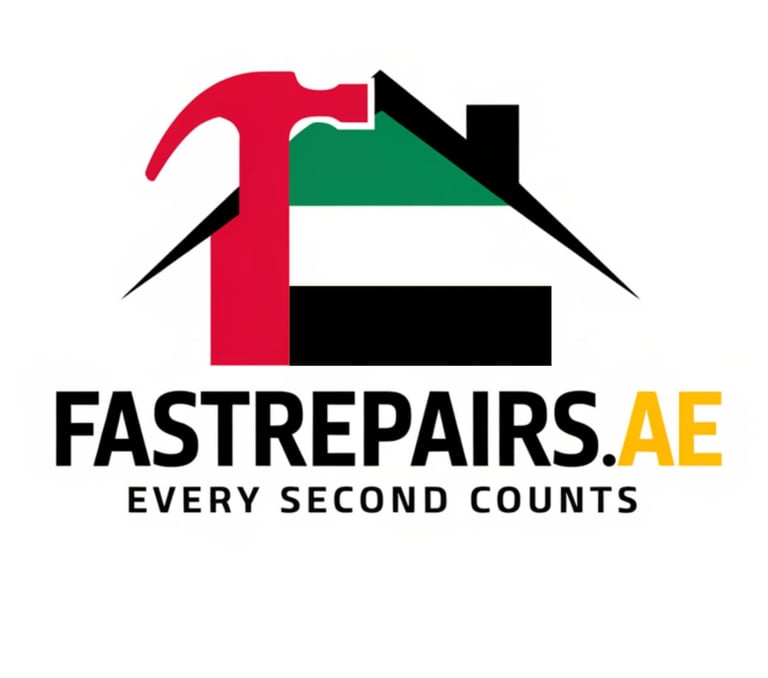

Legionella Prevention Measures | Keeping Your Water Safe
Legionella bacteria pose a significant risk in water systems, particularly in hot water heaters. These bacteria thrive in warm water conditions, typically between 25°C and 60°C, and can lead to serious health concerns, including Legionnaires’ disease, a severe form of pneumonia. Therefore, understanding the importance of preventive measures is crucial for homeowners to ensure the safety of their water supply.
One of the most effective strategies for minimizing the risk of Legionella is to maintain the appropriate temperature settings in water heaters. The recommended temperature for water heaters is at least 60°C (140°F). This temperature not only ensures that hot water is available for daily use but also helps to eradicate harmful bacteria that may be present. Additionally, it is important to ensure that the water does not fall below 50°C (122°F) in order to inhibit Legionella growth.
Regular inspections and maintenance of your water heater are essential components of Legionella prevention. Homeowners should schedule annual assessments by a qualified technician to evaluate their system for any signs of bacterial growth or other issues. Flushing the water heater regularly—approximately every six months—is also advisable to remove sediment that can harbor bacteria and reduce the effectiveness of the heating system.
Another effective practice is to frequently check the condition of your plumbing system. Stagnant water in pipes can create ideal conditions for Legionella proliferation. Therefore, ensuring a swift and consistent flow throughout the plumbing system can help to prevent these conditions. Similarly, it is crucial to address leaks and fix any issues that may lead to water stagnation.
By implementing these effective preventive measures, homeowners can significantly reduce the risk of Legionella bacteria and ensure a safe hot water supply in their households. Taking proactive steps in maintenance and monitoring can contribute greatly to successful Legionella control in home water systems.


FastRepairs.ae
Reliable repair solutions for your needs.
Contact
Contact Form
contact@fastrepairs.ae
© 2024. All rights reserved.
This website is developed and managed by PranveraSolutions.
PranveraSolutions is not affiliated with fastrepairs.ae and is not responsible for any content, services, or actions of fastrepairs.ae. Any issues or legal matters should be directed to fastrepairs.ae
Hours
Monday, 9:30 am–8 pm
Tuesday, 9:30 am–8 pm
Wednesday, 9:30 am–8 pm
Thursday, 9:30 am–8 pm
Friday, 9:30 am–8 pm
Saturday, 9:30 am–7 pm
Sunday, 9:30 am–7 pm
Blog
